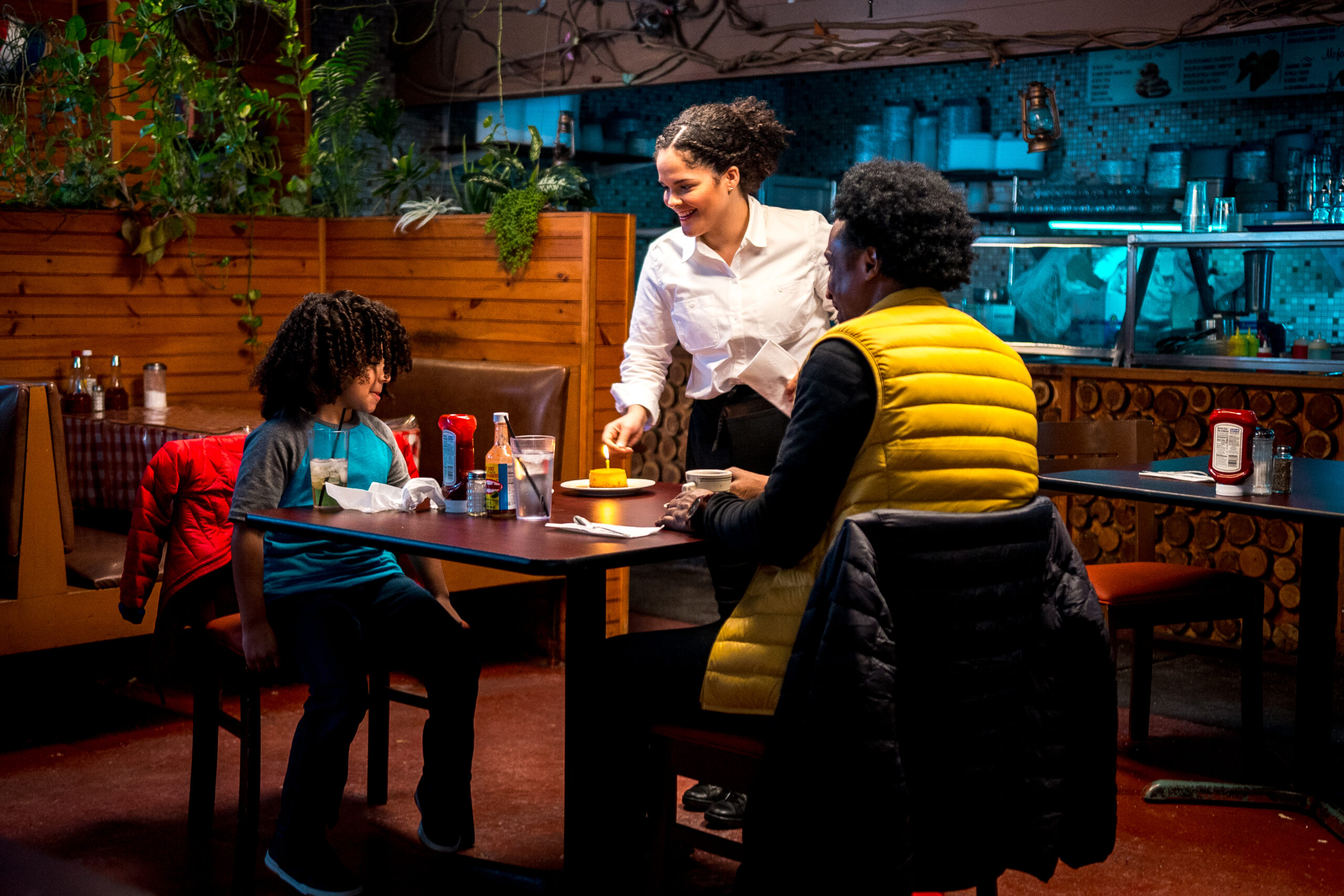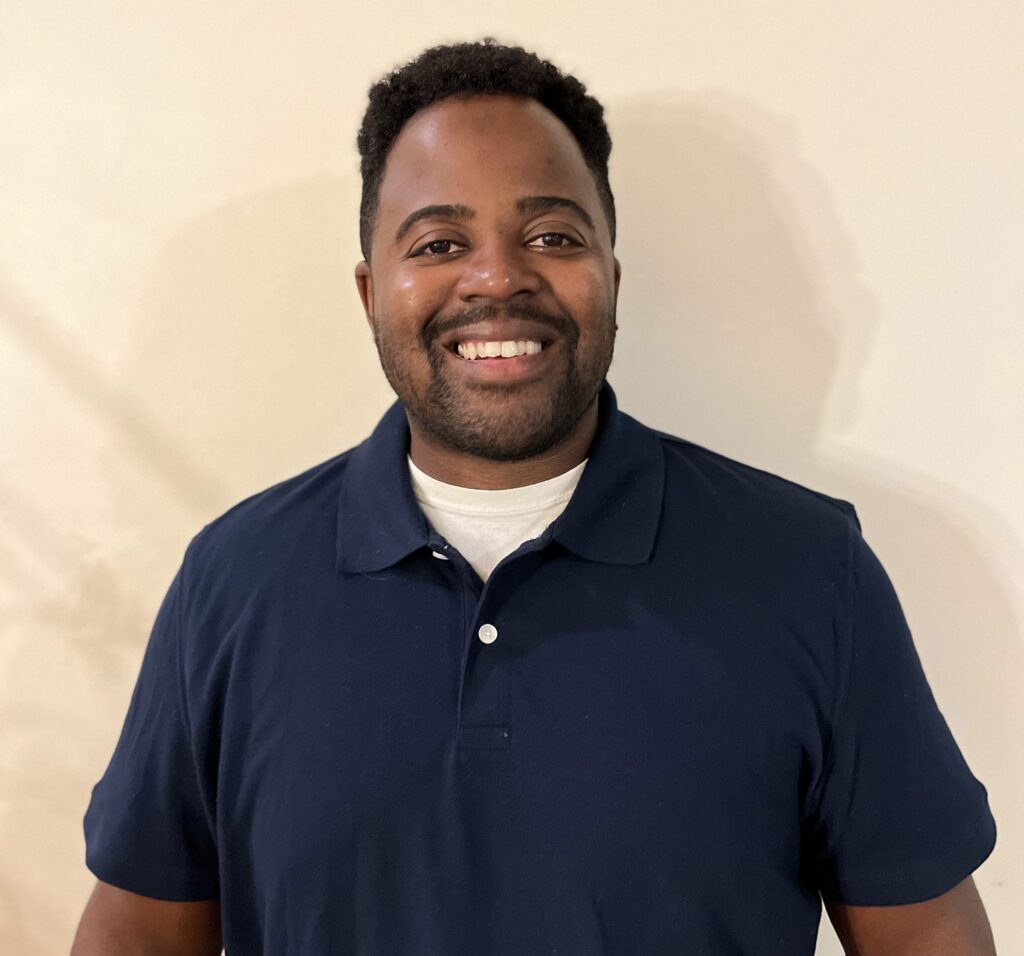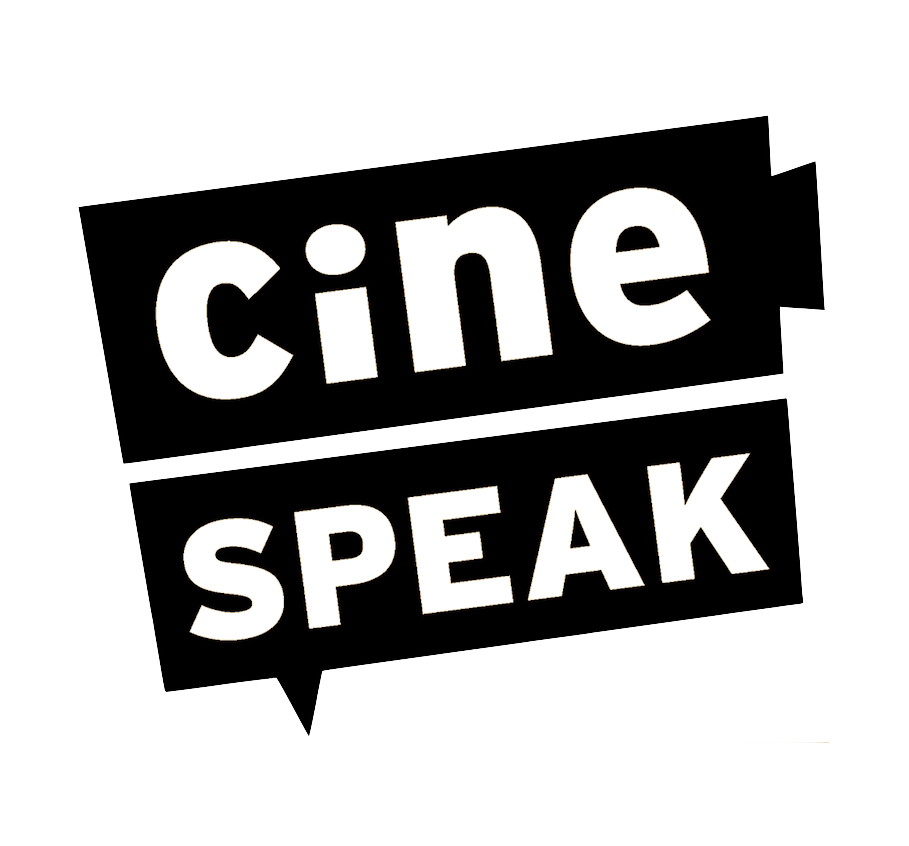
19 Sep IPMF Local Filmmaker Showcase Highlights Stories of Justice and Healing
BY ANDRE CHERRY
Content Warning: This article contains mention of sexual assault.
On September 28, 2023, Independence Public Media Foundation (IPMF) presents a Local Filmmaker Showcase for the second year in person. IPMF was founded in 2019 and utilizes grants and other programs to help support artists who are creating and sharing information, ideas, and stories for justice and change. “We partner with our filmmaker grantees to publicly screen their IPMF-supported projects each year,” said IPMF Program Officer, Nuala Cabral. “We held our first in-person community screening last fall at PhillyCam. Prior to that, during the pandemic, we hosted virtual community screenings and panel discussions.”
The title of this year’s program is “Seeking Liberation: Stories of Justice, Change, and Healing.” The line up was selected from past IPMF grantees and curated by the IPMF staff. The showcase will feature three local filmmakers whose works focus on issues impacting our communities, such as sexual abuse in the catholic church (Fox Chase Boy), navigating the criminal justice process to receive a governor’s pardon (Pardon Me), and the environmental dangers of fracking in Pennsylvania (InVade).
“This year’s title is inspired by the through line of liberation we observed in each film, whether the characters are seeking liberation from an unforgiving entity (such as the justice system), seeking to liberate themselves and others from past harm and trauma, or seeking to liberate each other from corporate greed and indifference to the symbiotic relationship between humans and the environment,” said Cabral.
At the screening, filmmaker Gerad Argeros will show his film Fox Chase Boy for the first time in front of a live audience. Argeros was raised in the Northeast Philadelphia neighborhood of Fox Chase and attended St. Cecilia’s Parish Church and School. This film begins as a coming-of-age story about Argeros’ pride in his Northeast community, but then shifts to his personal retelling of being groomed and sexually abused by his Reverend, James Brzyski, from 1981-1983 when Argeros was a pre-teen.
A 2017 Philadelphia Inquirer story details how a 2005 Philadelphia grand jury report described Brzyski “as among the most brutal abusers to wear a Catholic clerical collar in Philadelphia. Ordained in 1977, he allegedly [abused] possibly more than 100 children, the grand jury asserted.” However, due to an expired statute of limitations, Brzyski was never prosecuted for his alleged crimes. He fled the area, bouncing around from state to state, before ultimately being found dead alone at the age of 66 in a Texas motel room.
This documentary incorporates footage from Argeros’ one person show where he uses an improvisational, self-deprecating style in a way that effectively draws in the audience to receive his message. He speaks with reverence about his community while also carefully exposing the dark truths about abuse within the Catholic Church in Philadelphia and beyond. Fox Chase Boy also features archival footage and interviews with community members to help provide a complete picture of the abuse he and other children endured during this time period.

Argeros hopes that the audience comes away with two things: “First, that true experiences of community and shared intimacy are an exceptionally powerful curative. Second, that trauma of this sort is relentless and dangerous and it isn’t linear and it doesn’t expire and it can kill you.”
Several factors compelled Argeros to tell his story. “This process was fueled by grief and outrage, and so much anger,” said Argeros. “I had been working, not always successfully, to manage all this within myself for decades. It began to spill over when these guys who were my childhood friends started dying. Two of the victims of this particular predator died one after the other in 2016 and 2017. For me, this project represents in many ways the hope that emerges out of engagement with a loving community in spite of the presence of very difficult circumstances.”
Filmmaker Shuja Moore also has a personal connection to the subject matter of his film Pardon Me. Moore’s documentary short film explores the impact that having a criminal record has on individuals and their families in the state of Pennsylvania. The short shows the struggles that people with criminal records face when trying to keep their lives on track.
“At every turn, criminal records serve as a barrier to full entry into American society,” said Moore. “I made Pardon Me because these experiences must be told. But, more importantly, it’s time to offer up a solution. A pardon is one of the solutions.”
This film details the Pennsylvania pardon process and how it can be used as a tool to help restore individuals with prior criminal convictions into free members of society. The process of applying for a pardon can take years and often yields no results. According to the PA Board of Pardons website, “At the current rate, it is taking approximately two and a half years from receipt of an application until the Board members merit review the application to determine if a hearing will be granted.” If a hearing is granted, the five-member board votes on the applicant, and the applicant must receive a majority vote to be recommended to the governor. Once an application is recommended to the governor, there is no timetable for the governor to sign an individual’s application, and people may wait years for their pardon to be granted. The pardon process offers hope to individuals who are limited by their previous criminal convictions, but the many steps and indefinite waiting periods can make it extremely challenging and frustrating.
Moore has a criminal record and has felt its effects on his life. From this experience he feels qualified to tell these stories from a place of empathy. “I’ve been denied meaningful jobs, dating opportunities, [and] everything in between because of my record,” said Moore. “Had it not been for my sense of purpose to use art to lead my community in a positive direction as a way to honor my victim, I would have given up.”

From an economic standpoint, individuals with criminal records are limited in the types of jobs they have access to which restricts a person’s earning potential. This not only has a devastating impact to that person and their family but also negatively affects the economy as a loss of taxable revenue. This added revenue would help fund needed programs and services for our community.
A pardon wipes the slate clean for these individuals so they are not barred entry into the workforce and can contribute to society in a meaningful way. “I hope audiences feel that more pardons, faster, will help our family and community members and help build better communities as a whole,” said Moore. “There is no public safety concern because these are people that have completed their sentences.”
In addition to these two powerful and personal documentaries, the short narrative film InVade, by Eunice Levis, tells the story about the real environmental danger fracking presents in our community. In the fictional world of the film, a scientist, Dr. Ramon Luna, and his 8 year old son, Rudy, are our community’s only hope in stopping the government’s testing of super ultrasonic-powered drilling in the Pennsylvania Appalachian mountains.
Dr. Luna discovers that the low scale earthquakes occurring along the coastal northeast are directly linked to the government’s drilling. Dr. Luna and his son Rudy must find a way to prevent a full scale drilling or else the community will suffer devastating environmental consequences.
InVade hooks the audience in from the opening scene to tell an important message. “Fracking has been a major environmental issue in the state of Pennsylvania for decades,” said Levis. “The mining of natural gas resources is a big financial drive for the state. Depending on where you live and residential status, fracking affects you differently.”
The film’s protagonist is an undocumented scientist which makes this story feel especially unique. Levis is hoping that audiences will be receptive to the unconventional hero and his message after watching this film.
Cabral closes by saying, “We hope the films serve as a starting point for important discussions about what justice looks like, what we need to do to protect our communities, and how we can engage in personal and communal healing.”
The Independence Public Media Foundation Local Filmmaker Showcase will screen on September 28, 2023 from 6:30 PM to 9:30 PM at One Community Art Space in West Philadelphia. A rain date is set for October 5th. Registration to join this event is free and can be completed here. Light refreshments will be served. After the films, the public will have the opportunity to speak directly with the featured filmmakers for a post-screening Q&A.
*Featured Image: Still from InVade. Courtesy of Eunice Levis.

Andre Cherry’s love of storytelling compels him to create art. He is a former cinéSPEAK Philly Beat Fellow, background actor, and writer. His screenplays have placed within the Austin Film Festival and Stowe Story Labs. Andre is also an avid sports fan and hosts a college football podcast called The Cherry Pickin’ Podcast.

Sorry, the comment form is closed at this time.